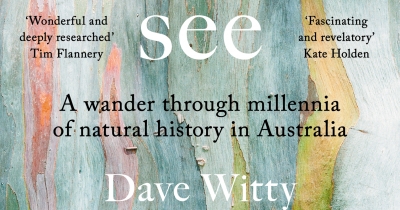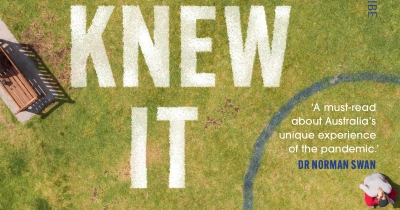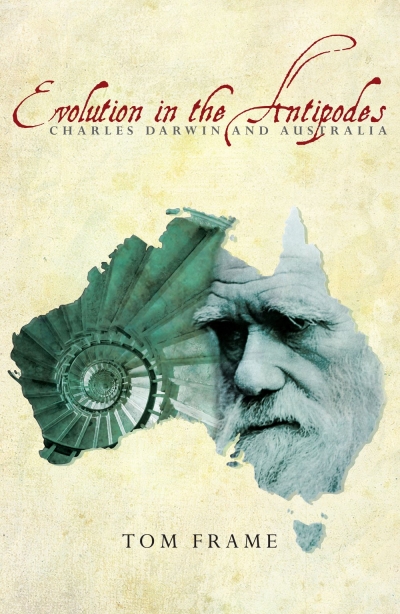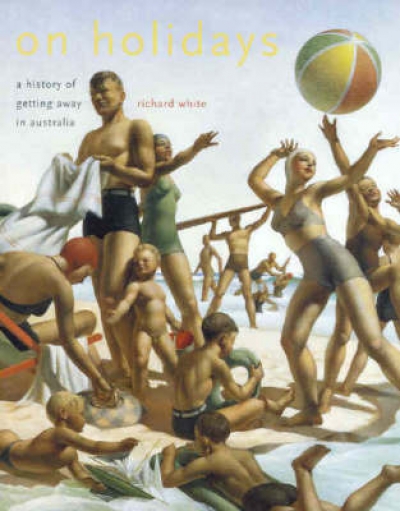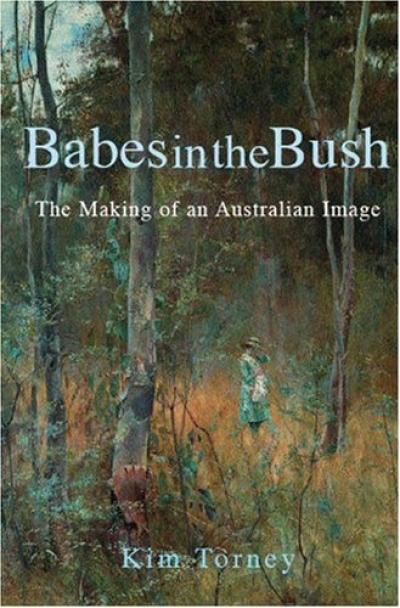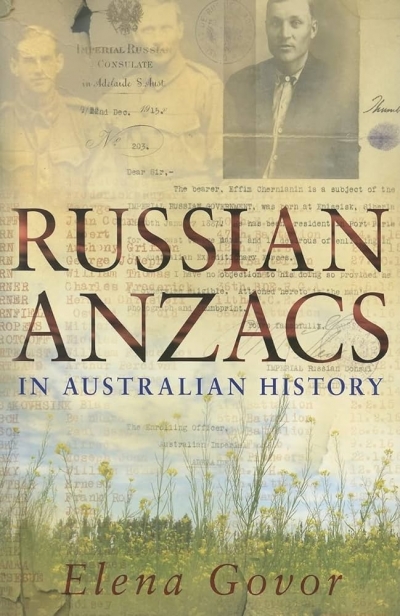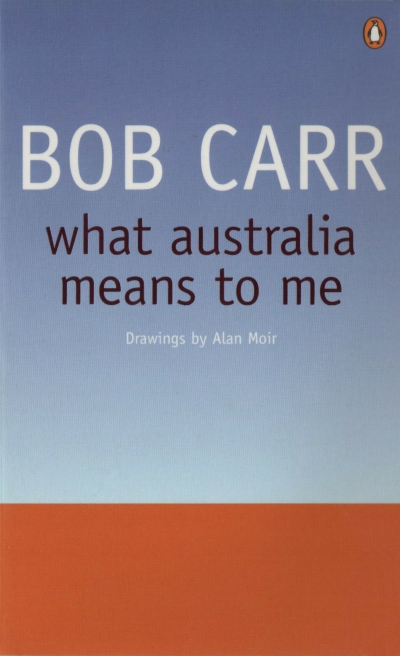Australia
What the Trees See: A wander through millennia of natural history in Australia by Dave Witty
by Ashley Hay •
Life As We Knew It: The extraordinary story of Australia’s pandemic by Aisha Dow and Melissa Cunningham
by Ben Brooker •
Evolution in the Antipodes: Charles Darwin and Australia by Tom Frame
by Cameron Shingleton •
On Holidays by Richard White & The Cities Book by Lonely Planet
by Dennis Altman •
Babes In The Bush: The making of an Australian image by Kim Torney
by Peter Pierce •
Great Southern Land: A New History of Australia by Frank Welsh
by Stuart Macintyre •
The Best Australian Essays 2003 edited by Peter Craven
by Chris Wallace-Crabbe •
Ingenious edited by Melissa Butcher and Mandy Thomas & Phat Beats, Dope Rhymes by Ian Maxwell
by David Nichols •
What Australia Means to Me by Bob Carr & Bob Carr by Andrew West and Rachel Morris
by Beverley Kingston •

